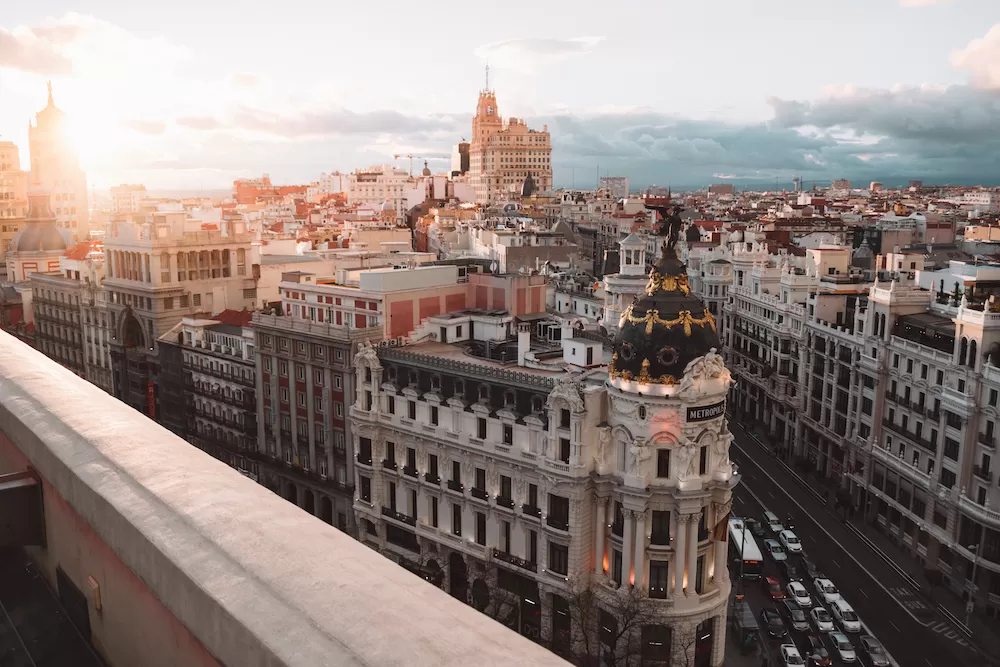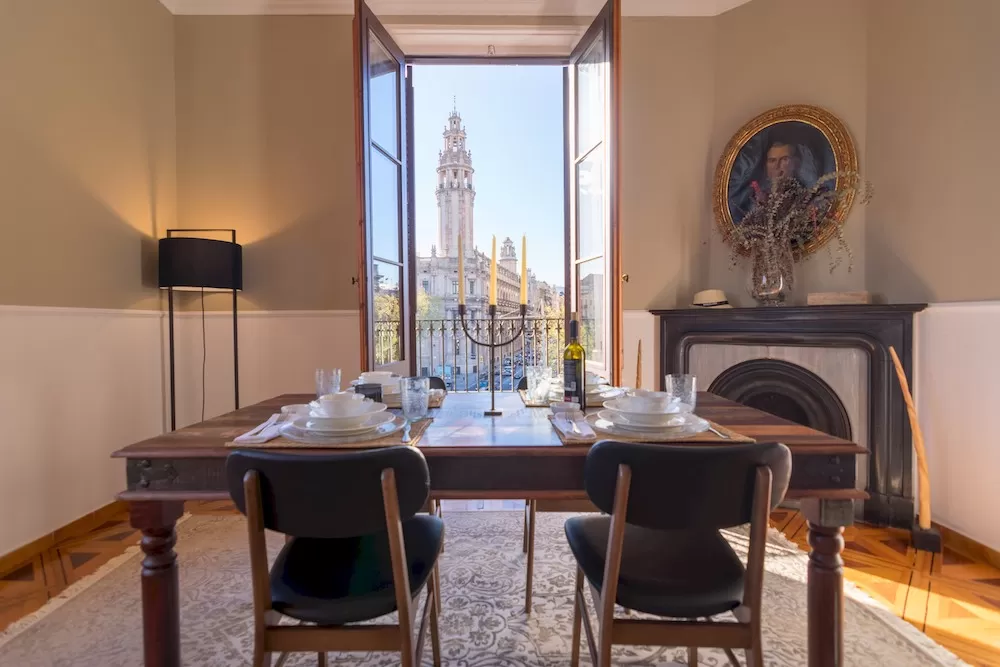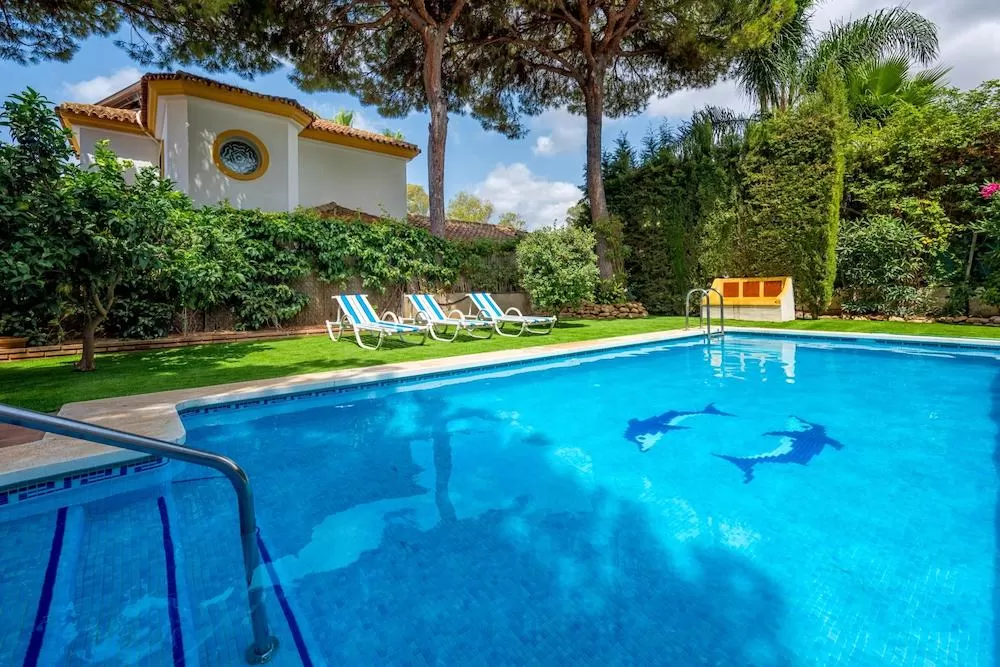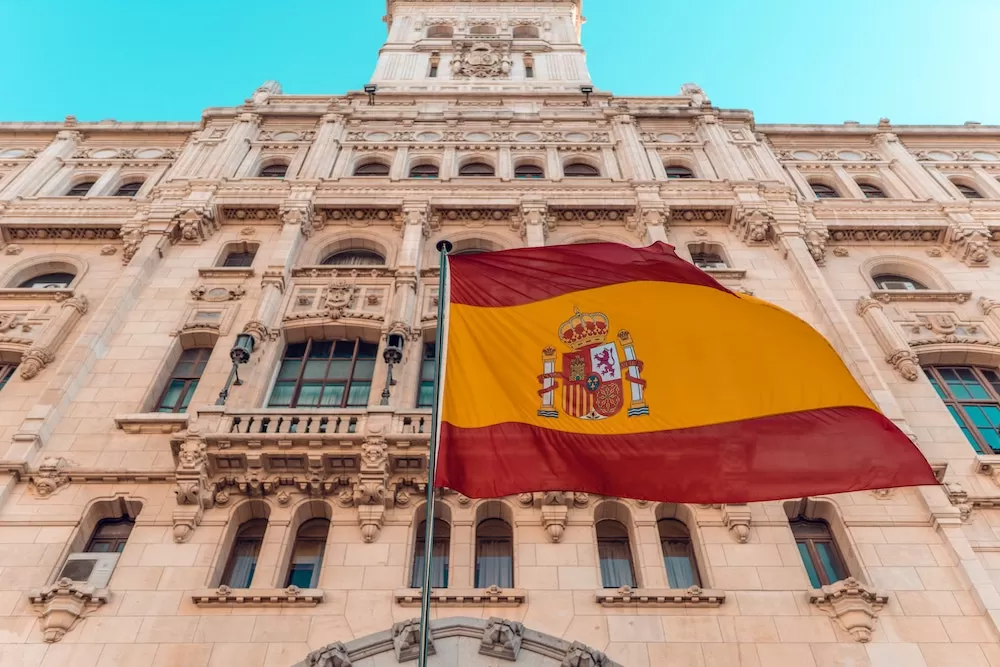No matter what others say, life in Spain is great! The country is so beautiful, with such a fascinating history behind it and colorful culture that will keep a smile on your face. It's no wonder that many people choose to live here. Are you one of them? If you are, you might want to start by buying a new
property in Spain. Renting is all well and good, but if you can, get yourself a place where you will feel right at home. Before that, however, there's a lot to know about the purchasing process first. Let this guide show you the ropes!
Can a Non-Resident Buy A Property in Spain?
The first thing you need to know is if you're allowed to buy a home here. Can non-residents own property in Spain? The answer is yes, they can. As of this writing, there are no Spanish laws that prohibit foreign nationals from purchasing property in the country. They will, however, need an NIE number to start the process. Your NIE number serves as your identification and tax number in Spain. But what if you don't have plans to become a legal resident here? You can always get a non-resident NIE number instead.
What Should You Look For in a Property?
Buying property in Spain is a very important and expensive endeavor so there are
a lot of things you need to look into concerning the place you're interested in. Is it in the area you want? Is it in a good location? Do you like the layout of the place? What is the state of the property? How are the utilities?—These are all questions you need to answer when it comes to deciding to buy a home or not. If, for instance, you want to
live in Barcelona so you want to buy a place here, shouldn't it live up to your standards? You're paying thousands, if not millions of bucks for it, after all!
What Are The Costs of Buying Property?
Buying any property in Spain for sale means you will have to spend a lot of money. And this doesn't just concern the property value! You also have to pay notaire fees for your notary, commission for your real estate agent, and the many taxes and fees that come with owning a new home in Spain.
Expatica explained it all clearly and even included the common percentage for each one. The property transfer tax, for example, is around 6% to 10% of the property value. This also includes a VAT of 10% if it's a new property. Notary fees and the like are at 1% to 2.5% while the commission for your real estate agent is commonly around 6% to 10%.
How Do You Make an Offer to Buy Property in Spain?
One of the first things you do when you buy property in Spain is to make an offer. Although the homeowner—or in this case, the seller—set a price for the place, you have the right to negotiate to bring it down. In fact, they're probably already expecting it. But take note that you have to be careful with the figure you offer up. At the very least, it has to be near the asking price they initially set. That's because they likely came up with that price through a property valuation. If you try to set the price to be substantially lower, you risk turning the seller off.
How Do You Get Mortgage in Spain?
As in any other country, you'll probably need a mortgage loan to help you buy the property in Spain for sale. But that is a pretty complicated process of its own. For one thing, you'd do well to
open a local bank account in Spain if you want to get a mortgage loan. While it's not necessarily required, many lenders and other financial institutions are more open to foreign buyers if they have one. They'll also require you to submit a variety of documents. Some should prove your identity, like valid passports, and some should prove that you'll be able to pay the loan back.
How Do You Set Up the Sale & Purchase Contract?
Once you and the seller have agreed upon a final price for the property, it's time to draw up and sign the
contrato de areas, or the pre-sales contract. As the buyer, if you're already okay with the price, you'll want to sign it right away. This document will legally bind you and the seller to the agreement. Although you will have more leeway as the buyer. Upon signing, you will get a grace period of around ten days to decide if you want to push through with the transaction or not. For the seller, however, once they've signed, they're legally required to sell their property to you and only you.
What Are The Different Types of Ownership Structures in Spain?
When it comes to real estate in Spain, there are four types of ownership structures you need to know about. Firstly, there's sole ownership. Just as its name says, this ownership structure places the property under only one name. Secondly, there's dual ownership which, interestingly enough, is the most popular among the locals in Spain. This ownership structure places the property under two names, commonly (but not exclusive to) married couples. Third, there's multi-ownership, the type that places the property under multiple names. This is more recommended for siblings buying a new family home together. And fourth, there's company ownership, which places the property under one's business instead of any specific person.
What Are The Legal Issues in Buying Properties in Spain?
Buying property in Spain for sale comes with
a few legal issues of its own. One of the main examples concerns the
contrato de arras, or the pre-sales contract. As mentioned, this document legally binds you and the seller to the transaction. But what does that mean, exactly? Well, when you sign the pre-sales contract, you'll have to pay the 10% deposit to make it valid. If you, as the buyer, decide to back out of the agreement after the ten-day grace period, you won't get that deposit back. And if that happens, you end up only losing money and gaining nothing in the end.
How Long is The Process of Buying Property in Spain?
You'd be surprised at how fast the process of buying property in Spain can be. If the process goes smoothly, it can only take about three to four weeks for you to finish the process. This is from when you sign the pre-sales agreement up to when you get the keys to your new home. It's that quick! However, this also depends on various factors. If the seller was already prepared with the necessary documents and the property itself doesn't have any problems, the purchasing process can be this fast. But if not, it can take roughly six months at best.
How Do You Search Properties For Sale in Country?
Now that you're familiar with the basics of buying property in Spain, your first step would be to find a place that's worth your while. And if you're not in the country yourself, your best bet is to visit any of the
top property listing websites here. There's
Fotocasa, for instance, which garners a whopping two million visitors each month. This property portal is pretty straightforward and even provides neighborhood guides in various cities.
Idealista is also popular since it caters to an international audience too. You can see Spanish properties listed in English and more.
What are The Best Tips for Buying Property in Spain?
When you decide to buy your own home in Spain, you'd do well to
follow some tips. One of them is to negotiate the price properly. It's understandable that you'd want to go for a final price that's lower than what the seller initially set, however, be careful at how low you go. If you go a lot lower, you can expect the seller to turn you down. Also, you'd do well to conduct a property survey yourself. If you can, visit the place and see the property in person. Only then will you be sure enough that it will be worth your money!
Thinking of buying a new property in Spain? Well, you'll have to put in a lot of work. But don't worry! The process isn't as difficult as you think. This guide can show you all the basics you need to know!





